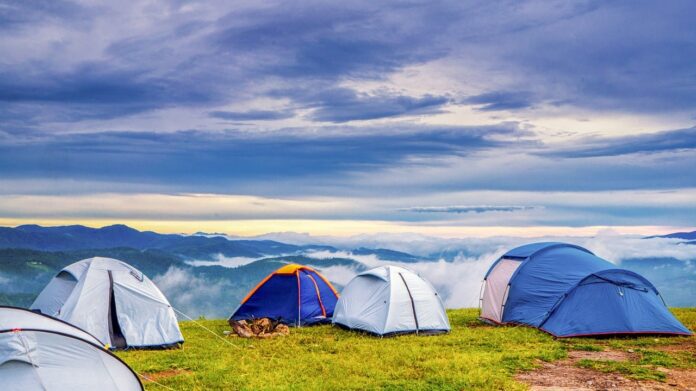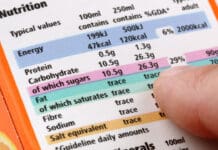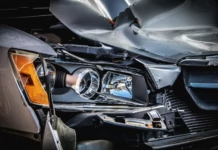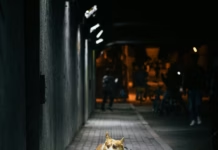-
Only 13 per cent of campers and caravanners get their equipment checked for carbon monoxide risks
-
Staycations are booming due to continuing cost of living crisis
The nation’s campers and caravanners are at risk from carbon monoxide (CO) poisoning because so few get their equipment checked, that’s according to new research by The Royal Society for the Prevention of Accidents (RoSPA) and Wales & West Utilities.
The pair polled over 2000 holidaymakers and only 13 per cent of respondents said they get their camping or caravanning equipment checked for carbon monoxide risks.
Even prior to the emergence of covid and its associated restrictions, domestic holidays were already undergoing a revival. Statistics revealed that in 2019, 32.5 million Britons opted for camping or caravanning vacations, a significant increase from 11.8 million in 2017. As of the summer of 2020, the booking pace for outdoor staycations had accelerated to one every three seconds1. And as the cost of living crisis continues to bite, many holidaymakers may opt for camping and caravanning holidays over costly travel abroad. Knowing the risks of CO poisoning and what can be done to keep safe during the camping holiday is critical.
Carbon monoxide is a colourless, odourless, tasteless, poisonous gas that is released when any fossil fuel , such as coal, oil, wood, petrol, barbeque charcoal and gas, doesn’t burn properly. Breathing it in can make you unwell, and it can kill. Even low levels of exposure, over a long period, can cause serious health issues.
Carbon monoxide poisoning can cause symptoms like headaches, dizziness, nausea, fatigue, confusion, stomach pains, or shortness of breath. Higher concentrations can be more serious, so staying aware of the risks is key.
Phil Le Shirley, Product Safety Advisor at RoSPA, gives his top tips to stay safe while camping or caravanning:
“Camping and caravanning presents the perfect opportunity to get away from it all and enjoy the great outdoors, but we encourage holidaymakers to enjoy the trip responsibly by checking their equipment for carbon monoxide risks.
“Never bring a barbecue into a tent, awning, caravan, or motorhome. Even a cooling barbecue emits ample poisonous carbon monoxide, which can be fatal.
“Avoid using a fuel-burning appliance to heat your tent or awning. Gas and kerosene heaters, unless permanently fitted in a caravan or motorhome, should only be employed outdoors. Stoves and barbecues are designed for cooking, not space heating.
“Do not operate a gas, petrol, or diesel-powered generator inside a caravan, motorhome, tent, or awning. Ensure that generator fumes do not infiltrate your unit or others from the outside.
“Refrain from cooking inside your tent or awning. Similarly, avoid using any gas, charcoal, liquid, or solid fuel appliances within these enclosed spaces. Gas-powered fridges and lamps, for instance, necessitate adequate ventilation to prevent the production of poisonous carbon monoxide, a consideration often overlooked in the design of tents and awnings.
“Regularly service fuel burning appliances in your caravan or motorhome and always take a functioning carbon monoxide alarm away with you – you never know when you’ll need it most.”
Clive Book, Head of Operations at Wales & West Utilities, said:
“Camping and caravanning holidays can provide the perfect slice of relaxation, but don’t let it end in tragedy – take the necessary steps to safeguard yourself and your family from CO, the ‘silent killer’. Always check your equipment and ensure you take an audible carbon monoxide alarm away with you.”
For further information on carbon monoxide safety, please visit RoSPA and Wales & West’s carbon monoxide hub here.

| [donate]
| Help keep news FREE for our readersSupporting your local community newspaper/online news outlet is crucial now more than ever. If you believe in independent journalism,then consider making a valuable contribution by making a one-time or monthly donation. We operate in rural areas where providing unbiased news can be challenging. |



















